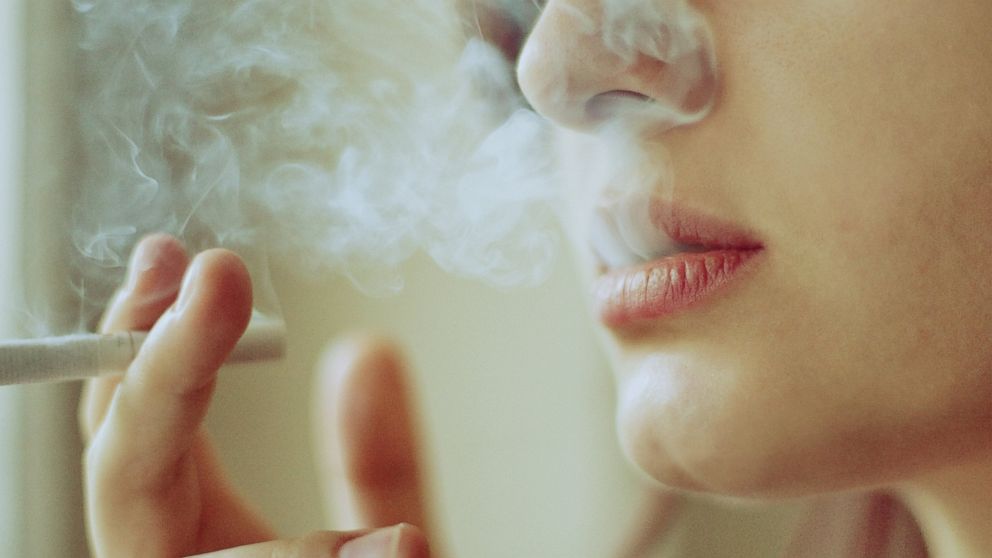Hawaii Set to Raise Smoking Age to 21: Why It Might Work
How raising the smoking age in Hawaii could work or fail.

— -- With Hawaii poised to become the first state to raise the legal smoking age to 21, experts say it might just be a game-changer.
The bill prohibits the sale of tobacco products to people under 21 years old, and includes fines for underage smokers and even heftier fines for anyone who buys or sells tobacco products an underage person.
"It's important to understand that virtually no one who smokes starts smoking after the age of 21," said Laurence Steinberg, a psychology professor at Temple University and author of "Age of Opportunity: Lessons From the New Science of Adolescence. "If you're going to smoke, you start when you're an adolescent. Almost nobody takes it up for the first time as an adult."
Steinberg said raising the smoking age to 21 fits with a recent Institute of Medicine report requested by the Food and Drug Administration, in which a panel of experts reviewed the medical literature and weighed raising the smoking age to 19, 21 or 25. They found that raising the legal age of buying tobacco products to 21 would be the most effective, reducing the number of smokers by 12 percent by the year 2100.
Hawaii's bill should be effective because most people start smoking at 14 or 15 years old, when their brains are more susceptible to becoming addicted to tobacco, Steinberg said.
While adolescents are already a few years under the current legal smoking age of 18, he said they have access to cigarettes because 18-year-olds attend high school with them.
"If you raise the age to 21, that's not going to happen so easily," he said. "There aren't that many 21-year-olds that hang around with 14-, 15-year-olds."
On top of that, people who sell cigarettes may have a harder time telling the difference between a 14-year-old and an 18-year-old, but it's tougher to tell the difference between a 14-year-old and a 21-year-old, he said.
"If can keep people who are 14 and 15 from smoking, you're going to keep a large number of people from ever picking up the habit," he said.
New York City and surrounding areas have already raised the legal smoking age to 21, but it's too soon to say whether it has been successful, said smoking cessation expert Patricia Folan, who directs the Center for Tobacco Control at North Shore-LIJ Health System in Great Neck, New York. She, too, cited the IOM report as proof that raising the age seems to be a positive move, nothing that the panel concluded that doing so would result in 223,000 fewer premature deaths among people born between 2000 and 2019.
"I think that's such an important statistic," she said, adding that the New York City area has already curbed teen smoking significantly by raising taxes on cigarettes and prohibiting smoking in certain public areas.
Although there are researchers who have argued for years that the legal drinking age should be lowered to prevent a culture of binge drinking, Steinberg said smoking and drinking are not the same.
"I think smoking and drinking are two different things. There is essentially no safe way to smoke, and as far as we know, there are safe ways to drink," Steinberg said. "I think people in public health for the most part almost exclusively want people to not smoke cigarettes."




